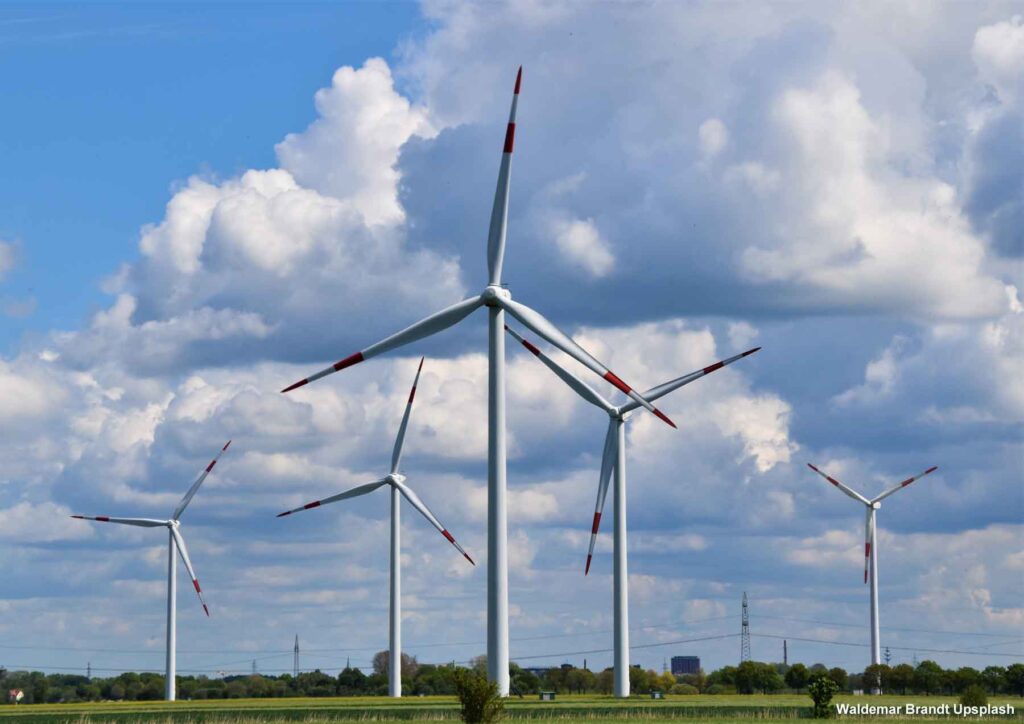The Energy & Environment Alliance (EEA) has welcomed the announcement by the UK Prime Minister, Boris Johnson, of an ambitious target to cut greenhouse gas emissions by at least 68% by 2030, compared to 1990 levels.
The Alliance, which is a not-for-profit organisation working to transition hospitality businesses to a zero-carbon economy, said that the choice of 68% rather than a round number like 70%, revealed the government had paid close attention to the scientific recommendations of national and international committees on climate change.
Implicit in this target are carrots and sticks for business.
Climate finance funds to support the transition to greener buildings and aggressive targets to eliminate fossil fuel consumption will make renewable energy not just a worthy choice for business, but also a compelling one. That is an attractive carrot. However, the new national target will require all sectors of the economy, with the exception of aviation and shipping, to make sweeping reforms to achieve greenhouse gas emissions cuts without the use of carbon offsets.

Business reforms across the UK domestic economy are therefore unavoidable and sticks must be inherent in the Government’s process. That said, even before regulation, carbon taxes or other penalties are introduced, public opinion and investor sentiment are likely to push businesses into action on climate grounds.
Implications for the hospitality sector are clear: cut fossil fuel consumption and invest in greener buildings and operations.
While the starting point for the accommodation sector is behind the rest of the UK economy, the prize of transitioning could be greater.
According to research undertaken by Ignite Economics and published by the EEA in October this year, the accommodation sector is one of only three sectors in the UK economy to have seen its energy intensity (the amount of energy required per unit of economic output) increase since 1990, at a time when the overall UK economy reduced energy intensity by 53%. Benchmarked from the turn of the century to 2018, the UK accommodation sector increased its energy usage by 47%, more than any other industrial sector, while the overall economy saw energy usage decline by almost 20% over the same period. Numbers like that will inevitably draw fire from environmentalists; and the counterbalancing points, that the sector only represents ~2% of total energy usage and growth of the sector was even greater, will probably be downplayed.
Boris is not so much forcing the economy to go green as reinforcing the business case to go green
Ufi Ibrahim
The good news is that substantial savings in both energy and money are achievable. Ignite Economics also estimated that the industry could save 15-20% of its energy usage, which is up to £270m/yr, or up to 660,000 tonnes/yr of CO₂.
- Chatham flat shut down due to violence and drug activities

- Missing Dartford woman found safe and well

- 13-year-old girl missing from Dover is found safe and well

- Investigation underway after man allegedly makes inappropriate comments to teenage boys in Dymchurch Road toilets

- CCTV image released in Canterbury shop worker assault probe

Ufi Ibrahim, CEO, of the Energy & Environment Alliance, said: “Today’s announcement reveals that the UK government has engaged thoughtfully and seriously with the climate change agenda. The new target is both ambitious and achievable. Thanks to a substantial commitment to invest in the generation and distribution of renewable energy throughout the UK, Boris is not so much forcing the economy to go green as reinforcing the business case to go green. If hospitality businesses want to know how best to respond, we are here to help.”
